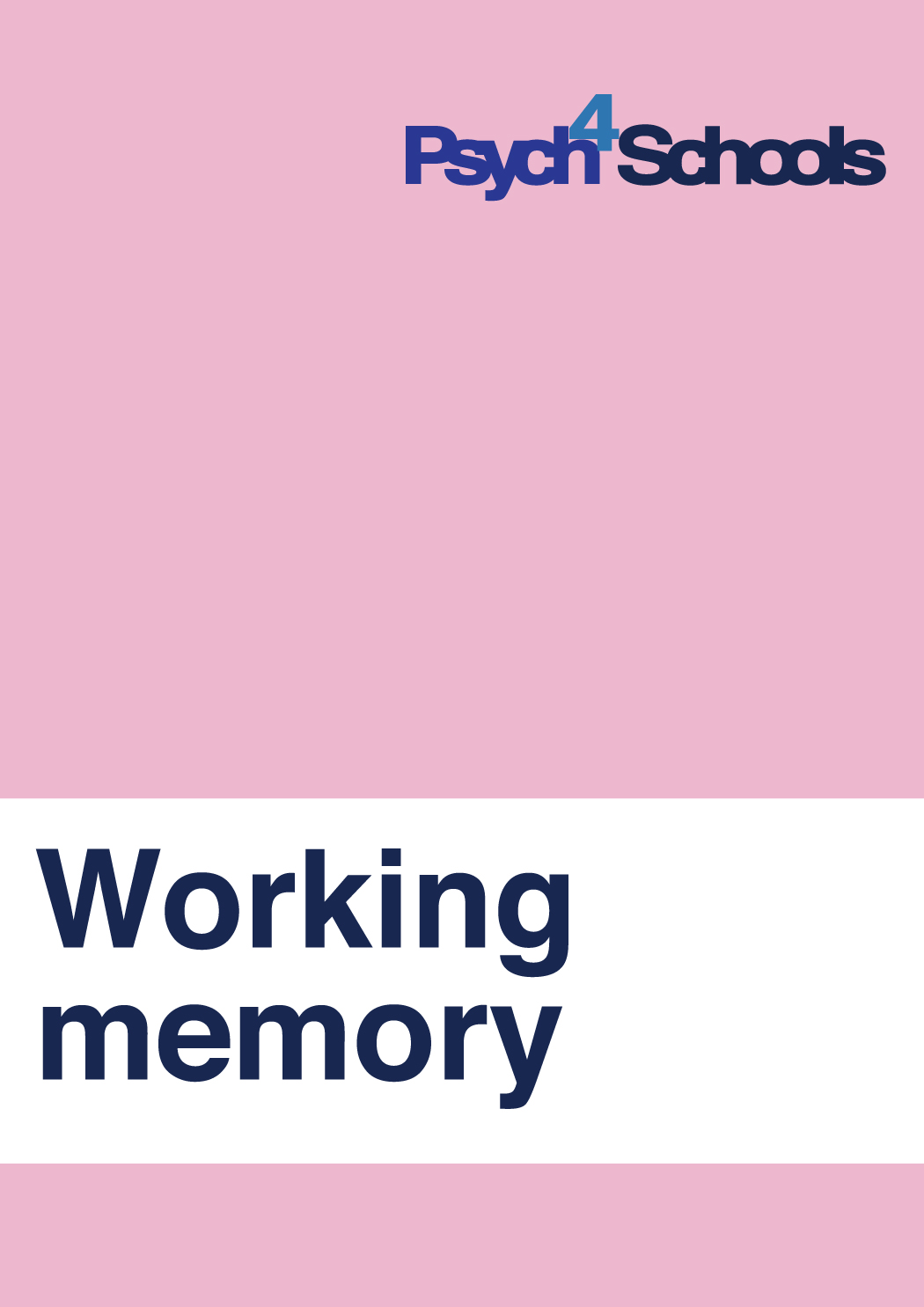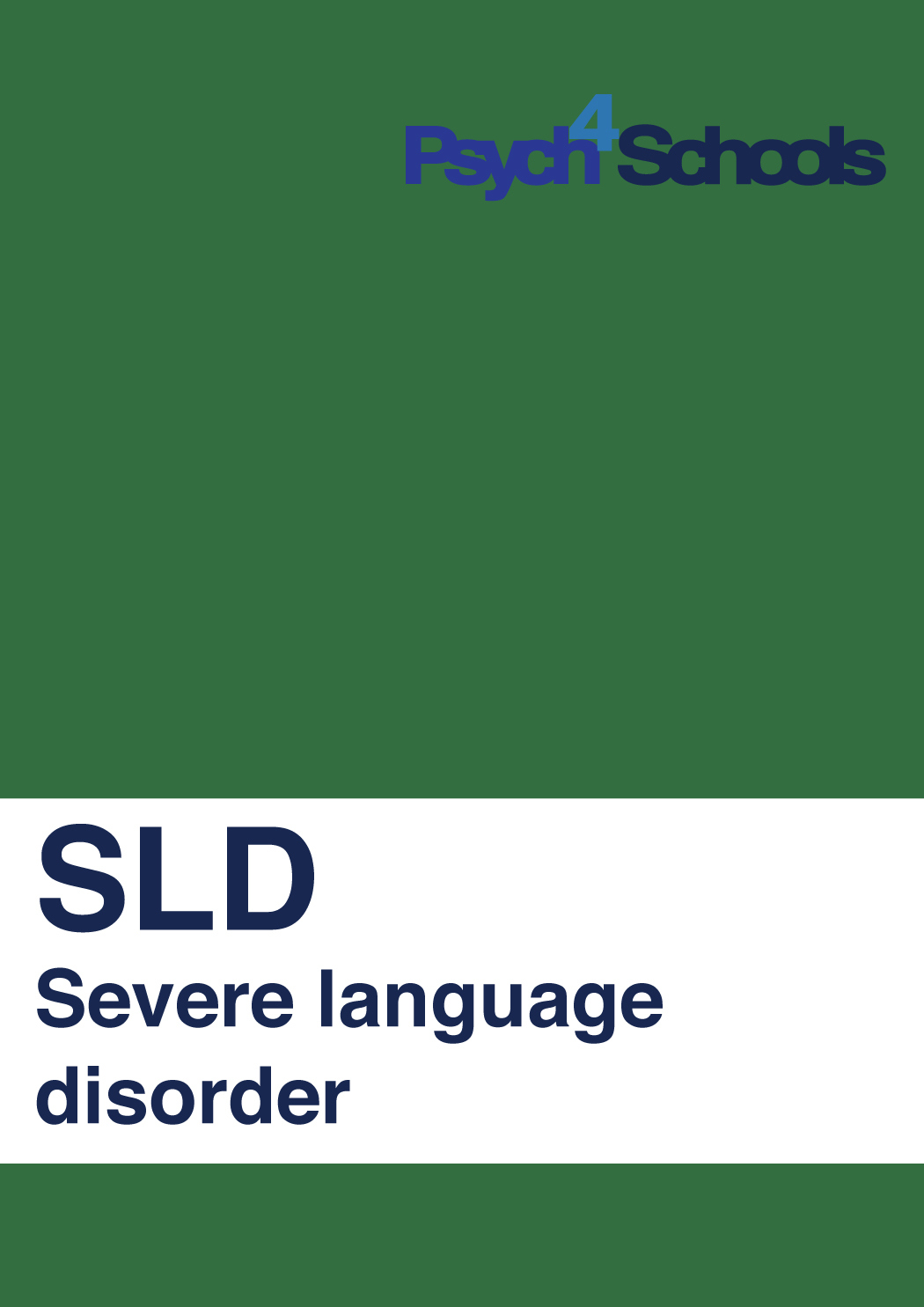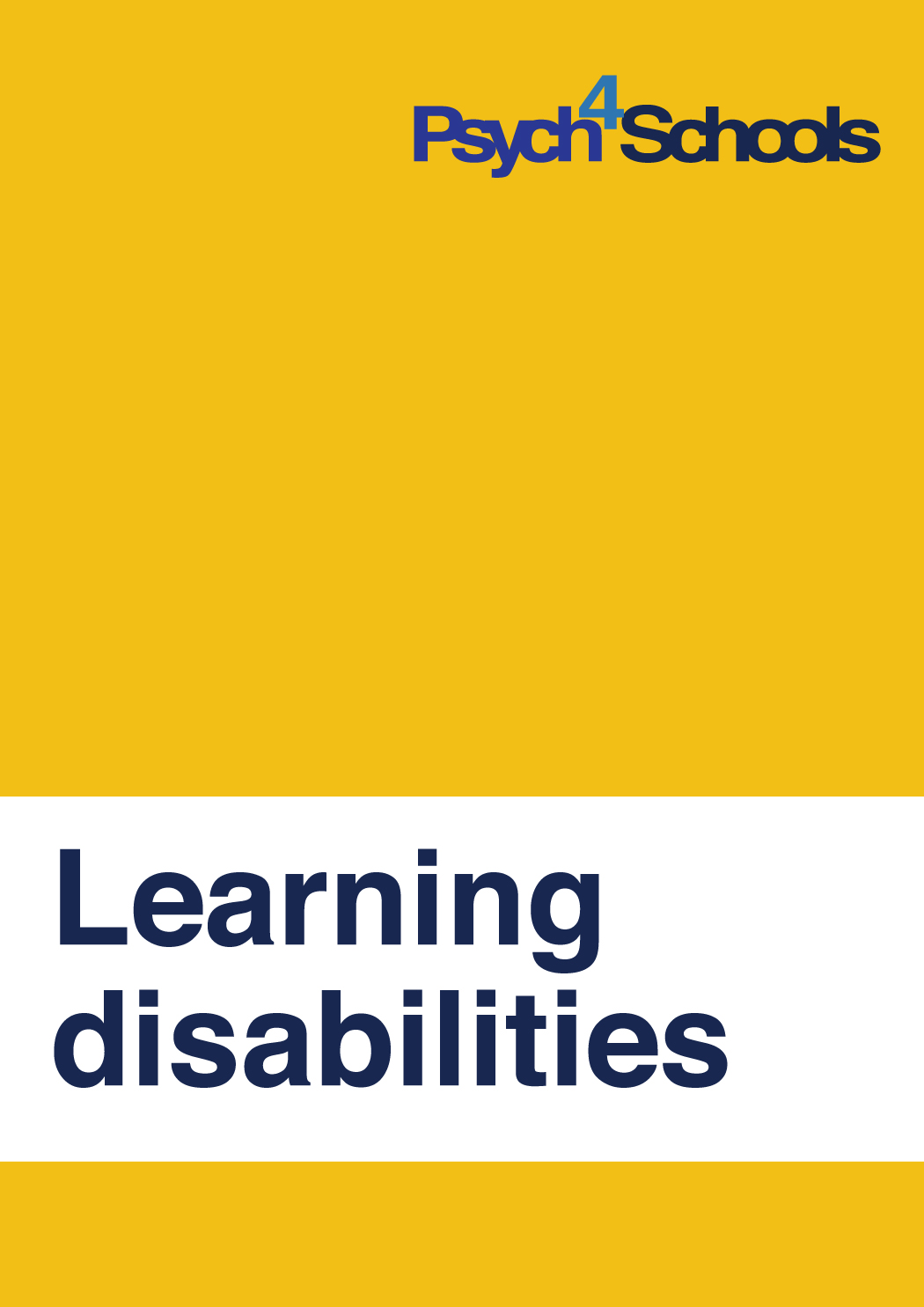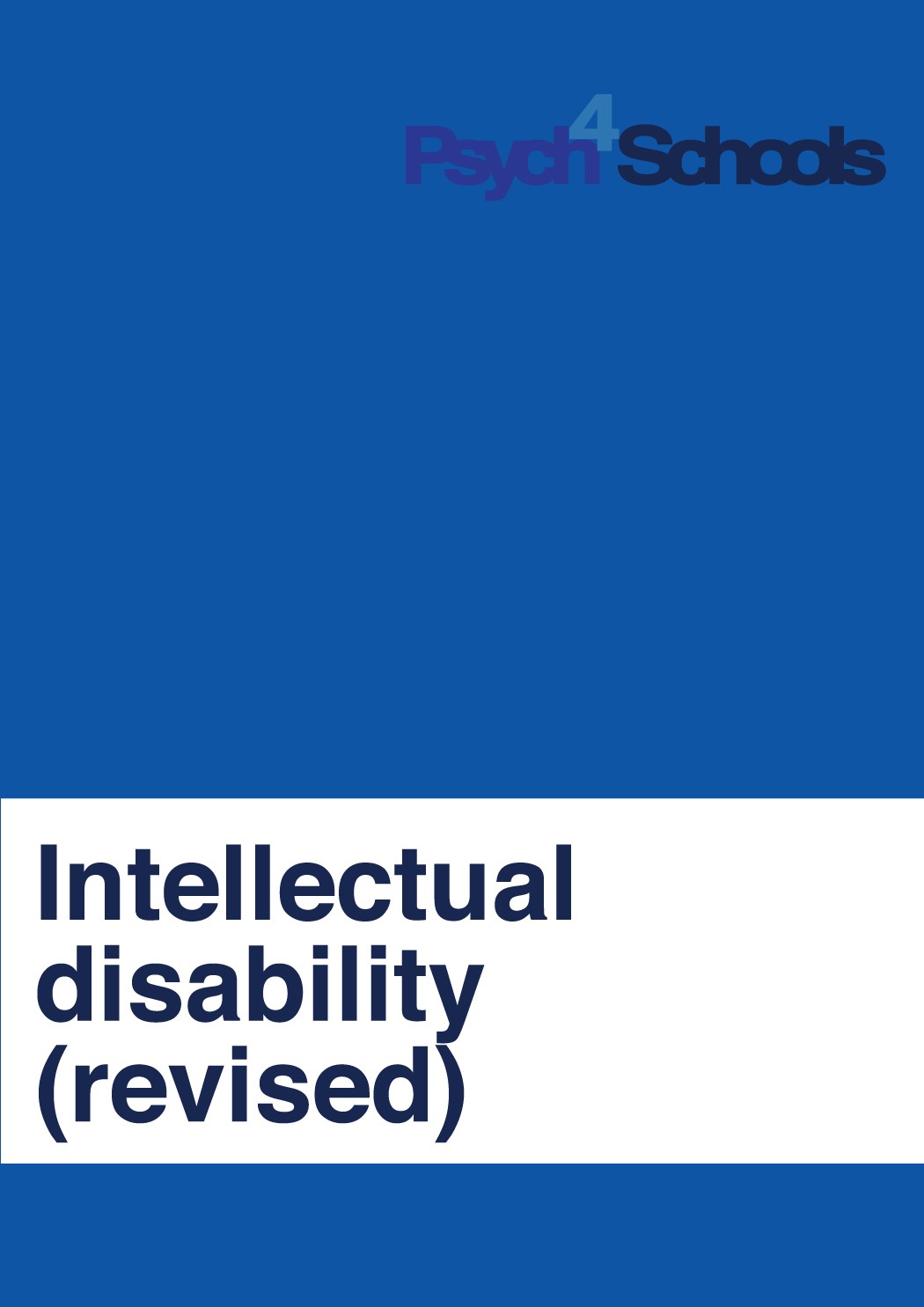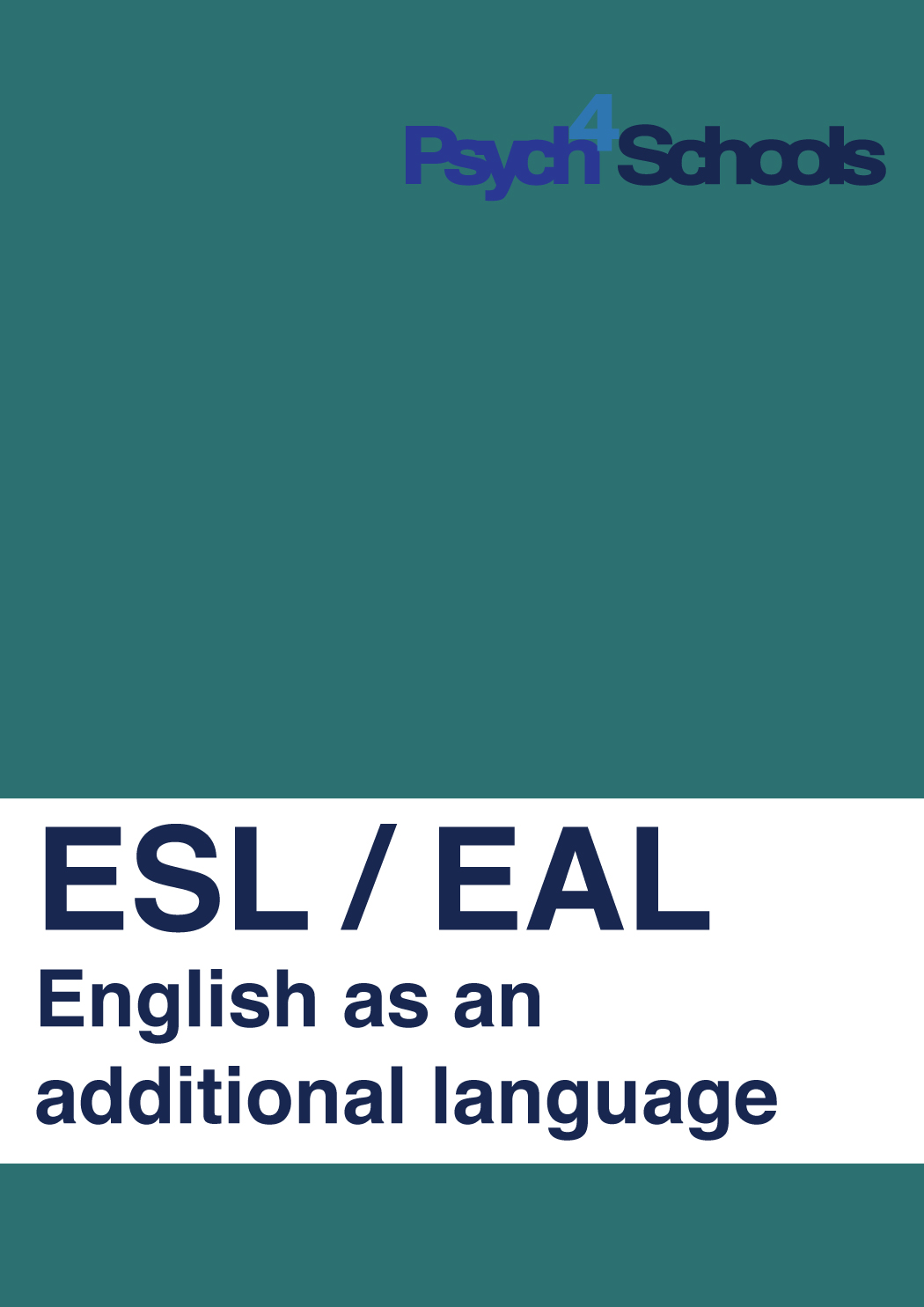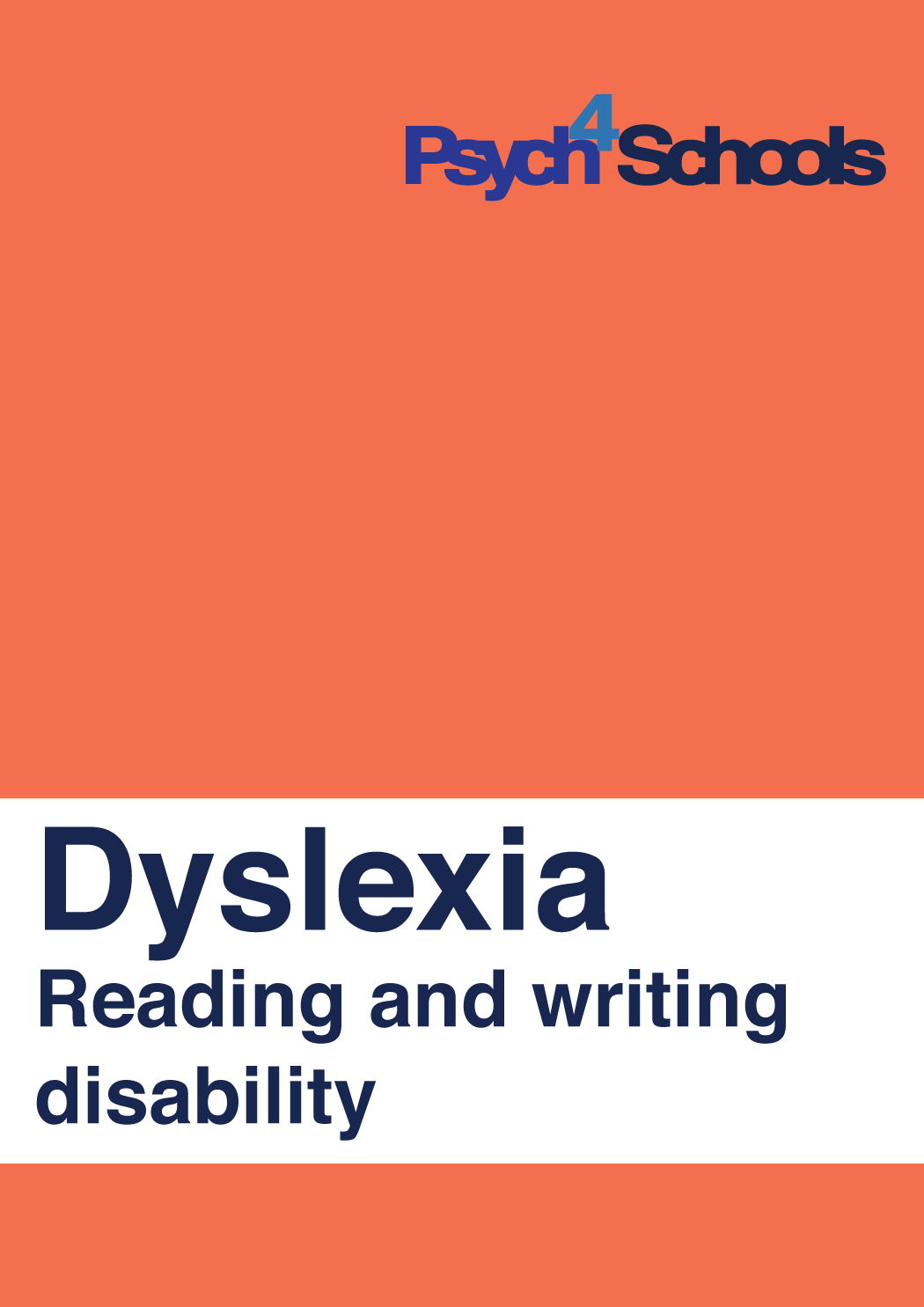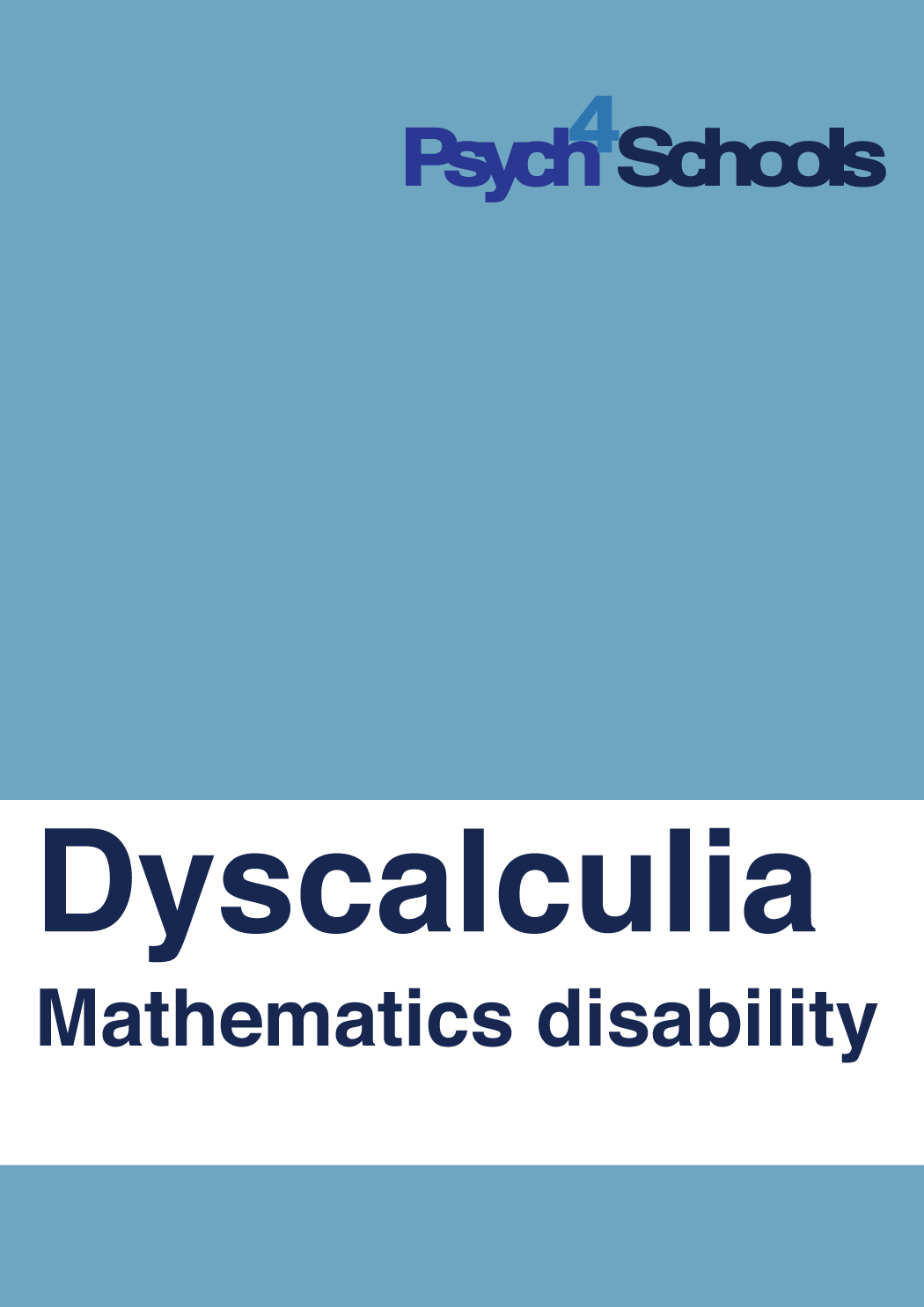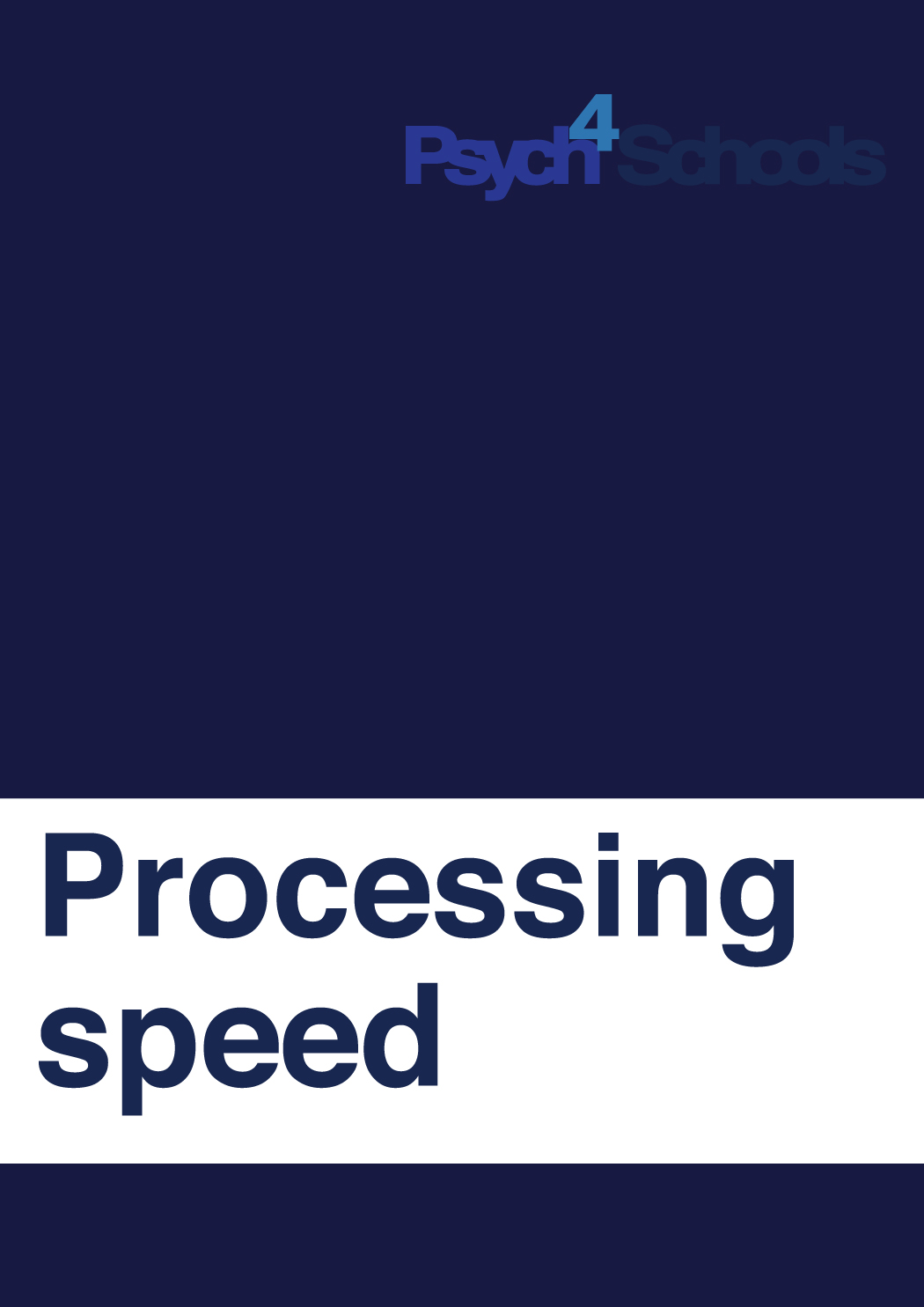Category:
Working memory refers to the ability to hold information in short-term memory while simultaneously processing it. We use working memory to meaningfully participate in everyday activities such as conversations, to decode unknown words when reading, and to do mental arithmetic. For example, we may use our working memory to decode an unknown word when reading
Read moreChildren with a language difficulty have trouble understanding, using and processing language. Approximately 6 per cent of school-aged children have significant speech and language problems.[1] Speech Pathology Australia 2003 sourced from http://www.speechpathologyaustralia.org.au/ In some parts of Australia, the number is as high as 13 per cent.[2] McLeod, S., & McKinnon, D. (2007). Prevalence of communication disorders compared
Read moreChildren with learning disabilities find it challenging to learn, particularly in the areas of literacy and numeracy. Despite having average to above average intellectual abilities, these children perform well below the expected level for their age and general ability, in one or more academic areas such as reading, writing, spelling, or mathematics. In Australia it
Read moreIntellectual Disability (Revised)
Intellectual disability involves impairments of general mental abilities that affect a person’s cognitive and adaptive behaviour. Approximately 2 per cent of all children have an intellectual disability.[1] American Psychiatric Association. (2014). Diagnostic and statistical manual of mental disorders (5th ed.) Washington, DC: American Psychiatric … Continue reading This is a lifelong disability of varying degrees ranging from
Read moreTraditionally, children described as gifted have an intelligence quotient (IQ) in the very superior range of intelligence. This means their thinking and reasoning skills are well above their same-aged peers. To be classified as gifted, most education departments require children to have an IQ score at or above 130 on a standardised test administered by
Read moreEnglish as an Additional Language (EAL)
Children who are new arrivals into Australia with English as a Second Language (ESL) face a number of challenges at school. For some of these children, the challenges relate to the stress that arises from cultural and language differences. As a result, these children may experience a range of emotions including frustration, loneliness, anger, resentment,
Read moreWhile learning to read and write seems effortless for many children, for some it can be challenging. Dyslexia is a specific learning disability with a neurobiological basis that affects 3 – 5 per cent of all children.[1]World Dyslexia forum, 3–5 February 2010 at UNESCO Paris. Summary for findings and recommendations. www.worlddyslexiaforum.org .For children with dyslexia reading, writing and spelling
Read moreDyscalculia (mathematics disability)
Children with dyscalculia have a poor sense of number. They experience significant difficulties understanding the size or quantity of a number and thus the relationship of numbers to one another[1] American Psychiatric Association. (2013). Diagnostic and statistical manual of mental disorders (5th ed.). Arlington, VA: American Psychiatric … Continue reading . Approximately 3 to 6 per cent of children suffer
Read moreProcessing speed relates to an individual’s ability to perform simple repetitive cognitive tasks quickly and automatically. [1]Schneider, W. J., & McGrew, K. (2012). The Cattell-Horn-Carroll model of intelligence. In D. Flanagan & P. Harrison (Eds.), Contemporary … Continue reading Issues with processing speed only become evident once a person knows how to perform a task, rather than
Read more